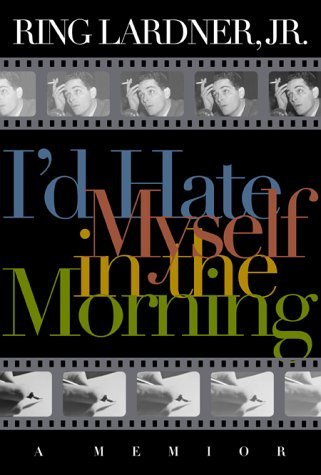What do you think?
Rate this book


224 pages, Hardcover
First published January 1, 2000
When I was young, I believed in the ability of people to organize themselves in their own interests but also in what seemed to me to be the larger interest of humanity. I thought we had at least the possibility of putting our fears and our superstitions behind us in the interests of creating a better world. When people ask me if I think we could ever end up with a new version of a Red scare-a nation wide purge of dissidents and a blacklist-my answer is usually no, not at least in exactly the same way. But perhaps nothing has surprised me more than the return of the irrational to our political and social life in the form of fundamentalist religious fervor.